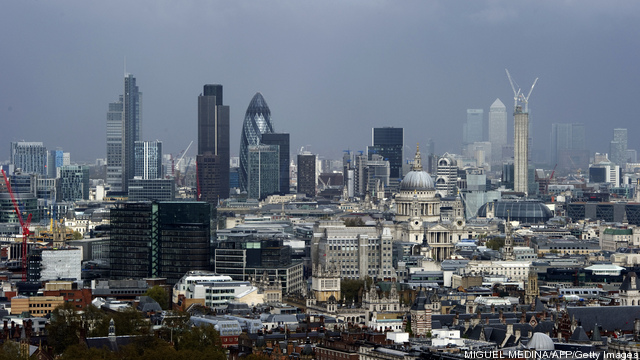
Fast forward to a vision of Britain in the year 2020: 30% of the UK’s electricity demand will produce zero carbon; utilities will be settling balance sheets to the satisfaction of shareholders; investors will be counting a decent return on investment; government ministers will be celebrating the success of their policies; consumers will be paying reasonable rates to power and light their homes and businesses.
If a week is a long time in politics, eight years is a very short cycle in the energy industry and without an acceleration of government action, the UK is at risk of failing on its target of sourcing 15% of its demand from renewable sources. Every aspect of the dream scenario described above could be reversed. Keep reading →


